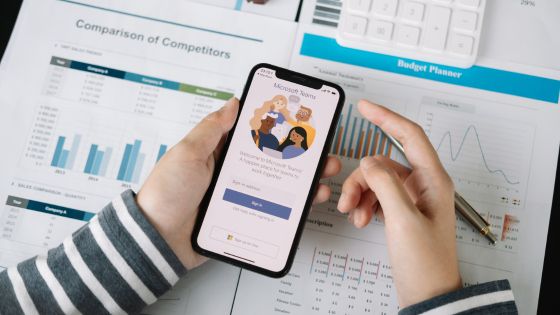
In the modern world, Facebook has become an integral part of our lives, influencing how we communicate, connect, and share. But have you ever wondered why we’re so drawn to this platform? The answer lies in the intricate web of human psychology that Facebook taps into. Let’s look at the psychology behind our engagement with Facebook.

1. The thrill of connection
At its core, Facebook satisfies our innate need for connection. Humans are social creatures, and the platform provides a virtual space to connect with friends, family, acquaintances, and even strangers. It triggers a sense of belonging and provides an avenue to express ourselves, share experiences, and maintain relationships regardless of physical distance.
2. The dopamine drive
Every notification, like, comment, or share triggers a release of dopamine in our brains. Dopamine, often called the ‘feel-good’ neurotransmitter, creates a sense of pleasure and reward. This neurological response makes us feel validated and recognized, encouraging us to engage more with the platform, seeking that next hit of positive reinforcement.
3. The curiosity loop
Facebook’s design thrives on the psychology of curiosity. Scrolling through the news feed provides us with continuous information and updates. The unpredictable nature of what we’ll encounter next: a funny meme, a heartwarming story, or an exciting event keeps us scrolling, hoping to discover something engaging. This ‘curiosity loop’ maintains our attention and prolongs our time on the platform.
4. The fear of missing out
Facebook often amplifies the fear of missing out (FOMO) phenomenon. When we see our friends posting about their exciting experiences, achievements, or adventures, we might experience a sense of envy or the fear that we’re missing out on life’s moments. This prompts us to engage more actively, ensuring we’re included in conversations or events.
5. The social comparison spiral
We can’t help but compare ourselves to others; Facebook magnifies this tendency. We present our best selves on social media, showcasing achievements and happy moments. This can lead to ‘social comparison, ‘ where we measure our lives against the highlight reels of others. While it can inspire self-improvement, it can also foster feelings of inadequacy or low self-esteem.
6. The instant gratification fix
Facebook offers immediate gratification. A witty comment, a funny meme, or a heartwarming post generates almost instant feedback in the form of likes, comments, and reactions. This quick feedback loop taps into our need for instant gratification, reinforcing our desire to keep engaging with the platform.
7. The emotional outlet
Facebook is an emotional outlet, allowing us to share our joys, frustrations, and concerns with a receptive audience. We can express our emotions through status updates, photos, or videos when we’re feeling happy, sad, or passionate about a topic. This emotional release can provide a sense of relief and connection with those who empathize.
8. The power of nostalgia
Nostalgia is a powerful emotional trigger, and Facebook’s “on this day” feature leverages this sentiment brilliantly. It resurfaces memories, reminding us of happy times, achievements, and milestones. Nostalgia boosts our mood and strengthens our bond with the platform as we relive moments that evoke positive emotions.
9. The illusion of productivity
Facebook can give us the illusion of productivity. Scrolling through our feed, reading articles, and engaging in discussions might be productive. However, it’s important to recognize the difference between genuine productivity and the superficial sense of accomplishment that browsing can create.
10. The digital persona
Our Facebook profiles are curated representations of ourselves. We carefully select the photos, posts, and updates we share, shaping a digital persona that aligns with how we want others to perceive us. This digital identity extends our real selves, allowing us to showcase our interests, beliefs, and values.
In conclusion, the psychology behind our engagement with Facebook is multi-faceted. It combines our need for connection, response to positive reinforcement, fascination with curiosity, and vulnerabilities to emotions like FOMO and social comparison. By understanding these psychological triggers, we can use Facebook more mindfully, nurturing meaningful connections while being aware of the potential impact on our mental well-being.